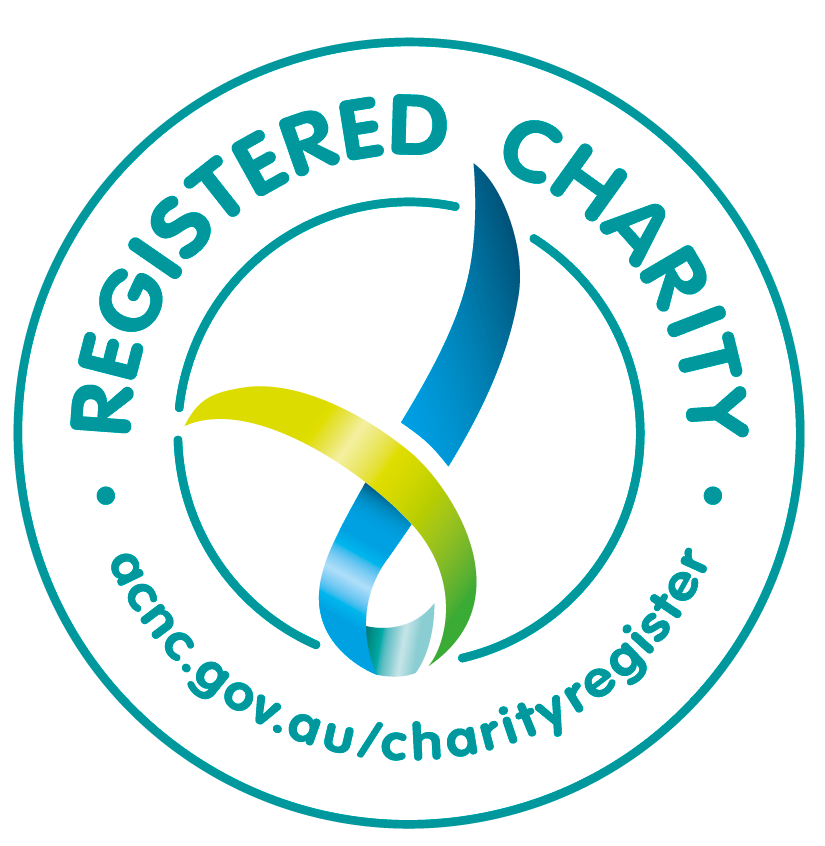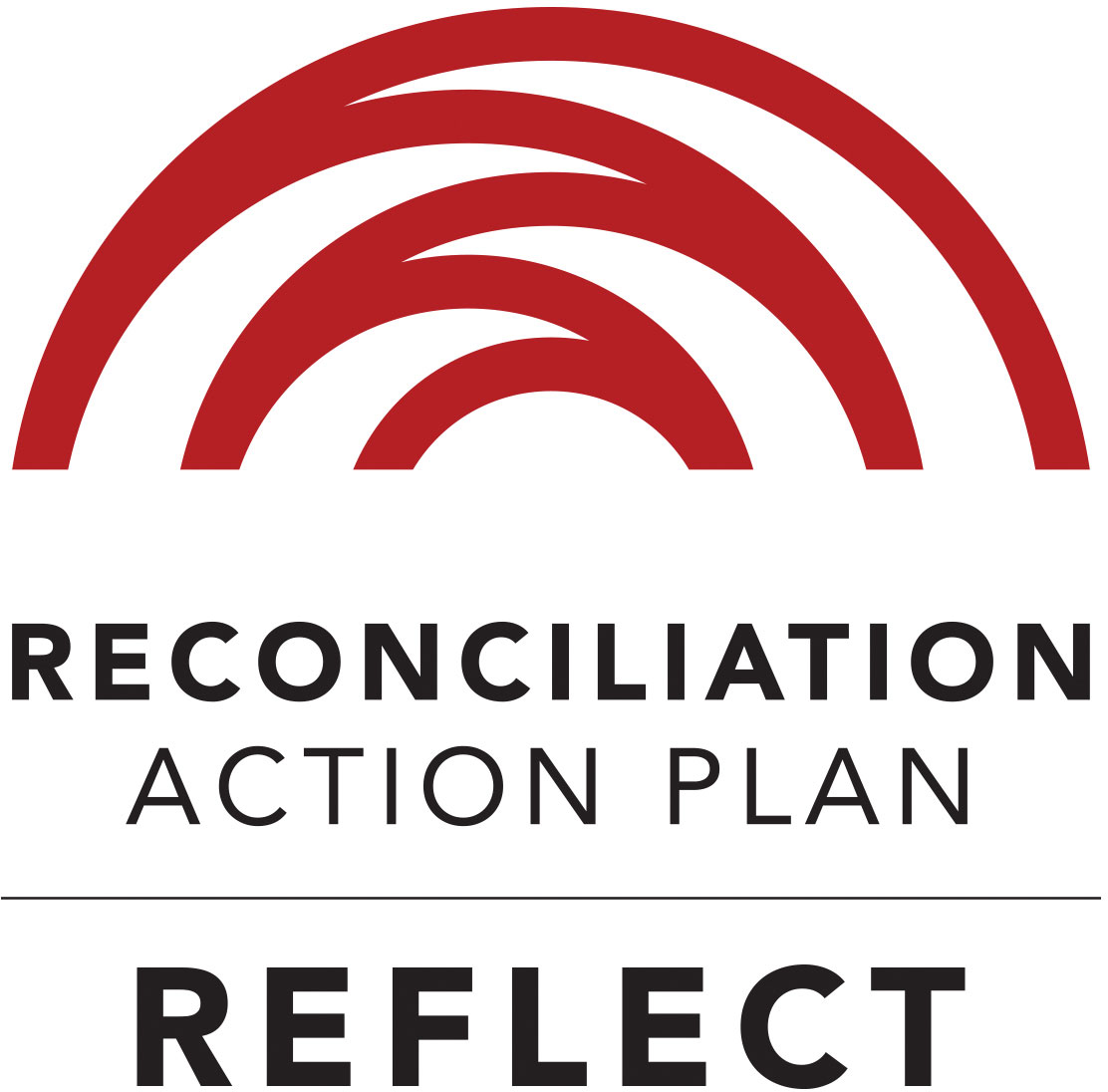More pages in this section
World Mental Health Day - 'Mental health is a universal human right'
World Mental Health Day 2023 - ‘Mental health is a universal human right”
Today we recognise World Mental Health Day - a day to raise awareness and promote mental health globally. The theme for 2023 is “Mental health is a universal human right”. Everyone has a right to be protected from mental health risks, the right to good quality care, and the right to independence, and inclusion in the community.
Good mental health is vital to our overall health and well-being. Yet one in eight people globally, and one in five people nationally are living with mental health conditions, which can impact their physical health, well-being, and how they connect with others.
What does it mean to be mentally healthy?
Everyone has their own unique mental health needs and challenges. Just as physical health varies from person to person, mental health does as well. Some key aspects of mental health include:
- emotional resilience: the ability to manage emotions, adapt to challenges and bounce back from adversity
- positive self-esteem: having a positive self-image and self-worth, feeling good about yourself and having confidence in your abilities
- healthy relationships: strong relationships with friends, family and community that are supportive and positive
- sense of purpose: this could include pursuing personal goals, contributing to a cause, or finding satisfaction in your work
- self-care and stress management: taking care of your physical and mental health by getting enough rest, eating a healthy balanced diet, regular exercise and practicing mindfulness
What are risks to mental health?
Mental health risk factors are characteristics that increase an individual's likelihood of developing mental health concerns. It's important to note that having one or more risk factors doesn't mean you will develop a mental health issue, but it can increase the risk.
There are many risk factors that can contribute to the development of a mental illness. Some of the most common risk factors include:
- genetics: mental illnesses can run in families
- brain chemistry: imbalances in certain brain chemicals
- trauma: traumatic experiences can increase the risk of developing a mental illness
- stress: Severe or prolonged stress can trigger a mental illness in some people
- substance abuse: alcohol and drug abuse can increase the risk or worsen symptoms of an existing mental illness
Tips to protect your mental health
Mental health is just as important as physical health. When you are mentally healthy, you are better able to cope with stress, manage your emotions, and make healthy decisions.
Here are some tips to protect your mental health:
- Take care of your physical health: when your body is healthy, your mind is more likely to be healthy as well.
- Connect with others: spend time with loved ones, join a club or group, or volunteer.
- Learn to manage stress: find healthy ways to cope with stress.
- Engage in activities that are enjoyable: make time for laughter and relaxation.
- Seek professional help if needed: a mental health professional can provide tailored guidance and treatment to address your specific needs.
These tips may help you to build resilience and maintain good mental health, but if you find yourself struggling with persistent or severe mental health issues, it's important to seek professional help.
Mental health is a dynamic aspect of your overall wellbeing, and it's normal to have ups and downs. Feeling connected to your peers and community can have a positive impact on your mental health, as well as the community.
Organisations like selectability work in collaboration with regional communities to connect people with others through support services and programs. These tailored approaches can reduce the risk of loneliness and increase the opportunity for people to become mentally healthy.
By working together, we can create a more inclusive and supportive community where everyone feels like they belong. If you would like to learn more about selectability programs, please visit
https://www.selectability.com.au
Help is available
If you or someone you care about is in immediate need of support, please contact:
- Suicide Call Back Service 1300 659 467
- Lifeline 13 11 14
- Kids Helpline 1800 551 800
- Standby - Support After Suicide 0438 648 268
USEFUL LINKS





selectability acknowledges the Traditional Owners of the land on which we provide services and pay our respects to Elders past, present and emerging. We acknowledge those with lived experience and those who support and partner with us to improve mental wellbeing and prevent suicide across regional Queensland.

